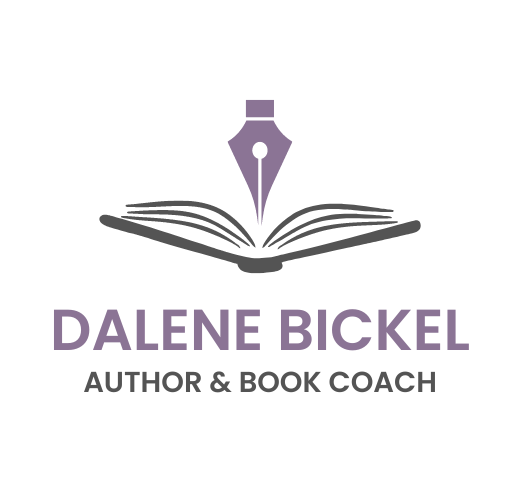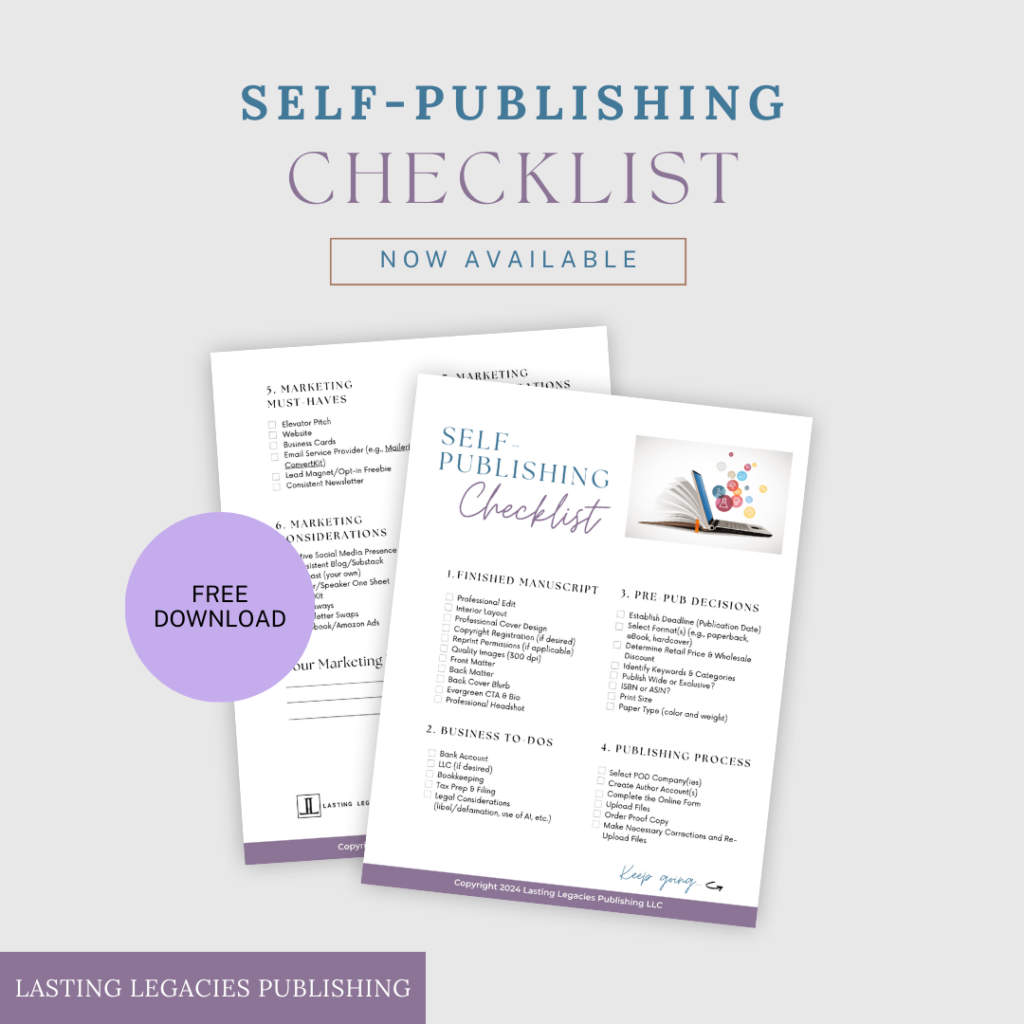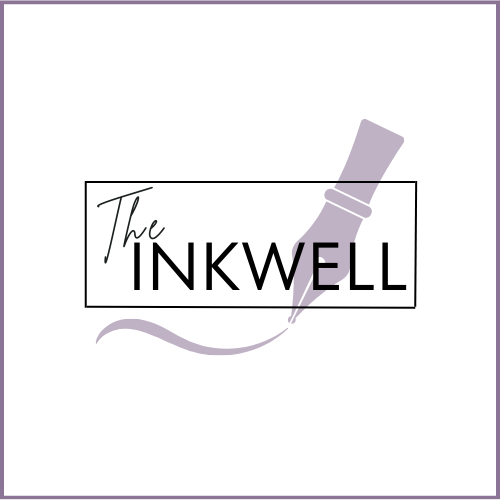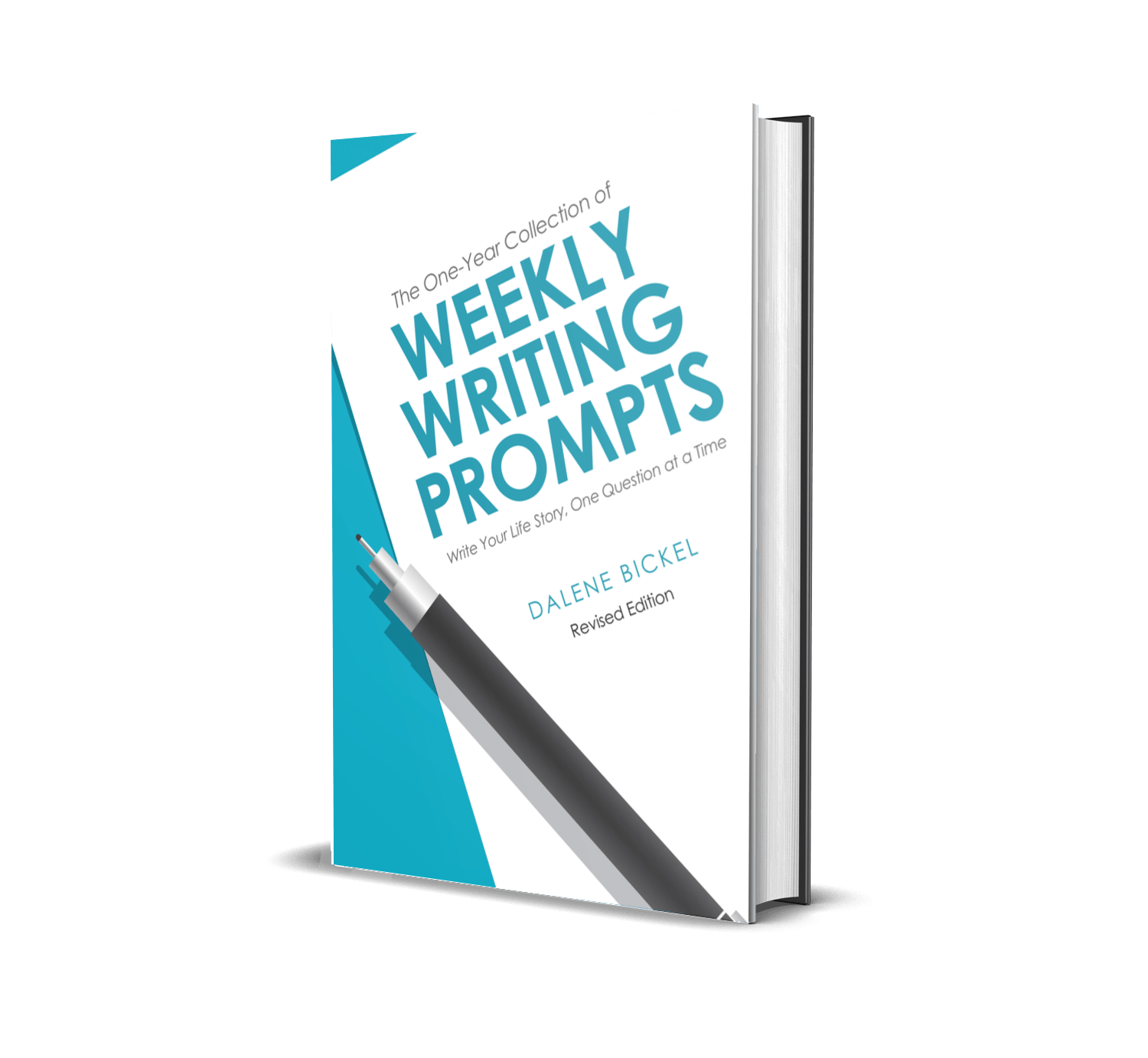Welcome to Ink and Impact!
When it comes to sharing content, authors are often in a quandary over what to share and how much to share. As a case in point, I’ve had several aspiring authors contact me over the past few weeks, asking questions such as:
- Is it okay to post about the content of my manuscript before it’s published?
- How much content can I share on my blog or on social media without giving away the essence of my book?
- What if other people steal my ideas or content before my book is published?
To be honest, I’ve worried about these things, too.
However, I’ve come to recognize that there are a few benefits to sharing portions of your content before publication.
3 Benefits of Sharing Content
1. You’ll gain clarity and insight
When you share your ideas and theories with the public, you’ll gain clarity and insight. Your audience will give you valuable feedback about whether they like, understand, and resonate with your ideas or storyline.
2. You’ll gain credibility
Most publishers say it’s helpful to be recognized as an expert before your book launches. This, of course, helps to build your platform and grow a loyal following. Let me pause here because I know what some of you are thinking right now:
I’m writing devotionals/Bible studies/biblical history but I don’t have a seminary or theological degree. There’s no way I can be called an expert. Ah, don’t let degrees be the standard. Let God’s Word be the standard. Don’t be afraid to share what the Holy Spirit has revealed to you and what God has prompted you to write.
I’m a fiction writer – I’m not an expert on anything. First, many fiction writers are VERY knowledgeable about particular eras and/or events. Second, don’t rule out the fact that your fans will consider you to be an expert storyteller. While your book won’t be a good fit for everyone, it will be for your tribe of your loyal readers and supporters – they will recognize your talent and recommend your books to their friends. That, dear writer, is phenomenal credibility.
3. You’ll gain confidence
The more you post about your topic and add words to your manuscript, the more confident you will become about your writing ability. You – and your followers – will increasingly consider you to be not just a writer, but an AUTHOR.
Those are three of the top benefits of sharing content before your book is published. But now you’re probably wondering:
Are There Limits to Sharing Content?
Not really. It’s entirely up to you to determine how much content you feel comfortable sharing.
Back in Episode 4 of the Ink and Impact podcast, my guest David Mike related how he blogged his entire book over a span of three years before compiling and revising it for publication.
Like many of you, he worried that no one would want to buy the book when it became available since they had already read it in bits and pieces. But guess what? Most of his audience – his platform – did buy the book.
Why? Because by the time his book was published, they
- had become loyal fans,
- appreciated that his entire story was now available in a convenient, single document, and
- understood that additional bonus material was only available in the book version.
That’s just one person’s experience. Don’t feel that you have to do what David did.
You can choose to share as much or as little as you feel comfortable. This is particularly true for indie authors.
As Christian writers, however, we don’t just want to move forward with what we want to do. It’s important to make room for God’s plan for our stories, in all phases of the process.
In every decision, take it to the Lord in prayer and heed what the Spirit prompts you to do.
And when in doubt, rely on Oswald Chambers’ excellent advice in his devotional, My Utmost for His Highest: “Never reserve anything. Pour out the best you have, and always be poor. Never be diplomatic and careful about the treasure God gives.”
So there you have it, fellow pen pushers. Don’t be afraid to share your message as you write your book.
What If Sharing Content Leads to Content Theft?
This, however, leads to the final question. What if someone steals your writing and runs with it before your book is published? While it’s true that such a thing can occur, know that it’s rare.
Philippians 4:6 (ESV) reminds us, “Do not be anxious about anything, but in everything by prayer and supplication with thanksgiving let your requests be made known to God.”
To help prevent this from happening, don’t share entire chapters of your manuscript on your blog or a podcast. Simply share snippets about your concepts, research findings, and insights.
In addition, it’s good to be aware of basic copyright laws.
Last year I interviewed Patty Jenkins, a local intellectual property attorney, for my writing group and she shared a wealth of info about this topic. A couple of the key takeaways were that:
- When you share information on your blog, be sure to include a copyright notice, which is simply the copyright symbol followed by the year of publication and your name. This is basic proof of your creation and ownership of the material.
- For an added layer of protection, you can register your copyright. This is typically reserved for books, rather than each individual blog post, since it involves registering through the U.S. government and paying a fee for each registration. The primary benefit of registering is that if you learn that someone has copied your material without your permission, you can be reimbursed for it without having to locate documents, tax records, and/or receipts to prove a loss of income (i.e., the time it took you to research and write your material).
- Note that when you post content to social media sites, your copyright ownership may not be enforceable. According to Ms. Jenkins, when you agree to their Terms of Use, “oftentimes, you have, by default, opted into their exclusion to your copyright, which means that other people may be able to use your works without it being an infringing use.”
Note: These are U.S. laws. If you’re listening from another country, you’ll want to research what the copyright laws are in your area.
Also note: I am not a licensed intellectual property attorney. The information I shared here is only my understanding from a conversation I had with an intellectual property attorney. If you are aware of anything I said in error, please let me know in the comments or email me at info@inkandimpact.com.
All of this may seem scary and you might be inclined to not share anything at all, but we are not meant to live in fear, nor are we to hide our content from the world.
Simply take some precautions as you share the message God has placed on your heart.
- First and foremost, own your own website and blog. Use those methods to disseminate the bulk of your work.
- Include a copyright notice on everything you post and publish.
- Consider registering a copyright for your book.
- Share snippets of content on social media and point people back to your blog, where they can get the bulk of your information and purchase your books.
For more detailed information about copyright and/or to register your work, visit www.copyright.gov
And remember: The good news is that even if someone lifts your blog posts or social media captions, God will still be able to use your message and give you new words.
As Proverbs 3:5-6 (NKJV) says, “Trust in the LORD with all your heart, And lean not on your own understanding; In all your ways acknowledge Him, And He shall direct your paths.”
Industry News
Since we celebrated our nation’s independence here in the U.S. on Monday, I thought I’d continue the celebration this week by featuring some encouraging stats about independent authors, also known as self-published authors.
According to Wordsrated.com in a report released February 2, 2022:
- 300 million self-published books are sold each year
- The number of self-published books has increased 264% in the last five years
- $1.25 billion worth of self-published books are sold each year
This is encouraging news for self-published authors! I fully believe there’s room for both traditional and independent publishing – and the numbers are backing that up!
Listener Opportunities
Thank you to everyone who entered the Just Rest: 90-Day Devotional giveaway contest by rating and/or reviewing the Ink and Impact podcast! The winners of Just Rest by Melanie Redd are:
- Suzette Katopodes
- Kim Stewart
- Michele Weisman
Congratulations, ladies! Be on the lookout for your signed copies to arrive in your mailbox!
Response to June’s Listener Question of the Month
Last month’s Question of the Month was: As an author, do you write short books (under 400 pages) or long books (over 400 pages)? Have you ever considered whether your readers prefer longer or shorter books?
I received one response, and I would love to see that number grow as I continue to offer monthly questions for listener response. But thank you to Lila Diller, a romance author, who stated:
“In answer to your podcast question, as an author, I prefer to write shorter books, about novella length, 40-50,000 words. These are the kinds of fiction books I prefer to read, as well, bingeing[sic] them in one sitting. I actually think the traditional publishing world is still stuck with an arbitrary word count. I can’t even get agents to look at my work if I don’t have at least 80,000 words, but that means I have to add a lot of “fluff” that bogs down the story.”
Thank you, Lila for sharing your response! You can learn more about Lila and her books at liladiller.com.
For those of you wondering how to convert word count to page count, there are typically 300-350 words on a 6×9 paperback page. So Lila’s books average under 150 pages.
July’s Question of the Month:
What is one thing you wish you had done differently when you wrote and published your first book?
To respond, simply email me at info@inkandimpact.com.
Free Resource
Finally, are you an aspiring author? Be sure to download my free 10-Step Author Blueprint!
That’s it for today, fellow pen-pusher!
Be sure to SUBSCRIBE BELOW to be notified when the next episode drops, view full show notes with links, and listen to past episodes.
If you’re already a subscriber, THANK YOU!
Please do me a favor, if you would, and RECOMMEND THIS PODCAST to your writing friends. Simple word of mouth is all I’m asking for and it would really help me, so I appreciate that.
Remember: Don’t just write a book. Make an impact!






